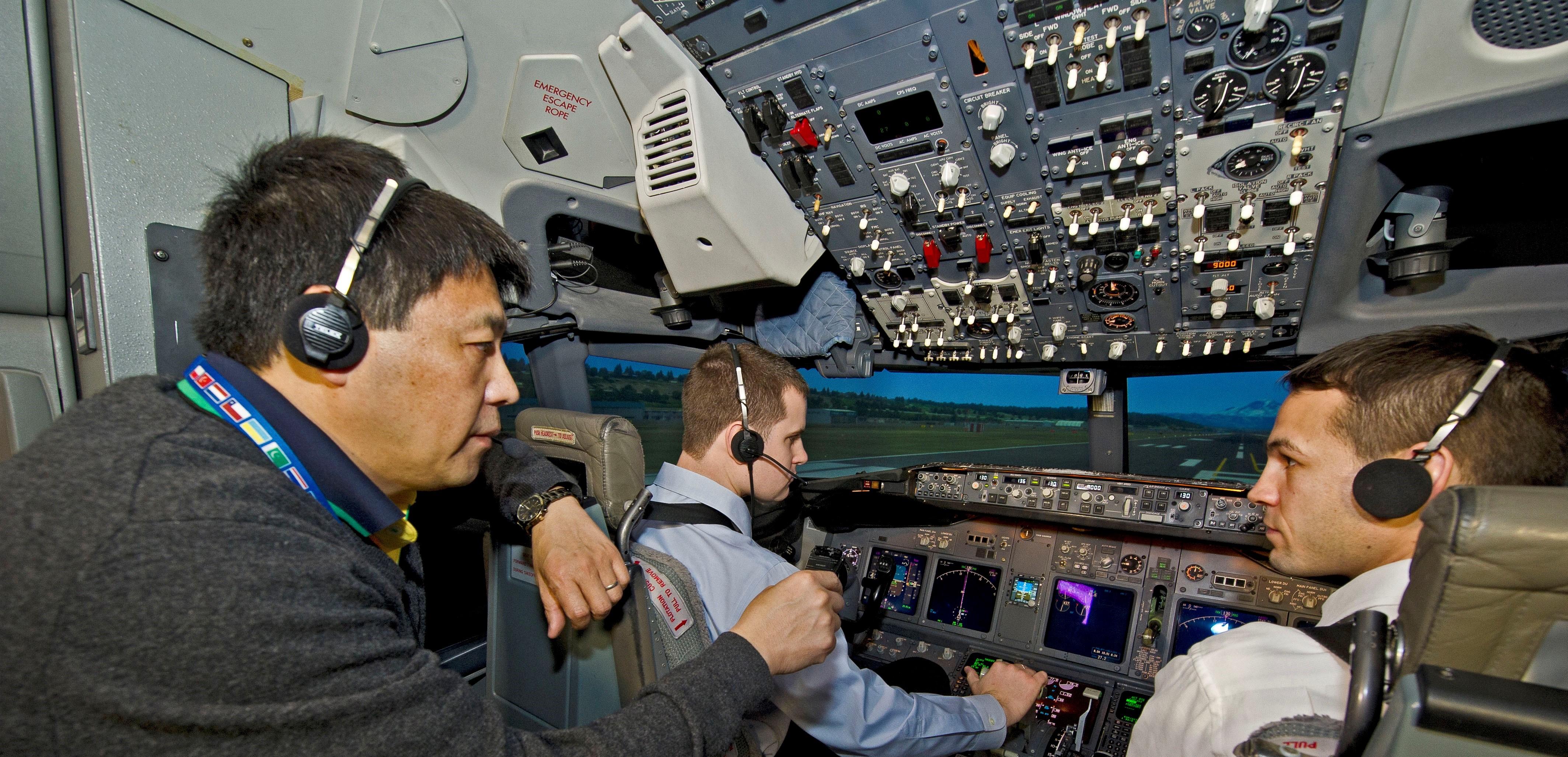
Credit: Boeing
The FAA has codified new protocols that expand how proposed pilot training for new aircraft is evaluated during certification, issuing guidance based on procedures used during the Boeing 737 MAX’s re-approval effort that also satisfies a U.S. Congressional mandate. The revamped policy, issued Dec...
Subscription Required
This content requires a subscription to one of the Aviation Week Intelligence Network (AWIN) bundles.
Schedule a demo today to find out how you can access this content and similar content related to your area of the global aviation industry.
Already an AWIN subscriber? Login
Did you know? Aviation Week has won top honors multiple times in the Jesse H. Neal National Business Journalism Awards, the business-to-business media equivalent of the Pulitzer Prizes.

